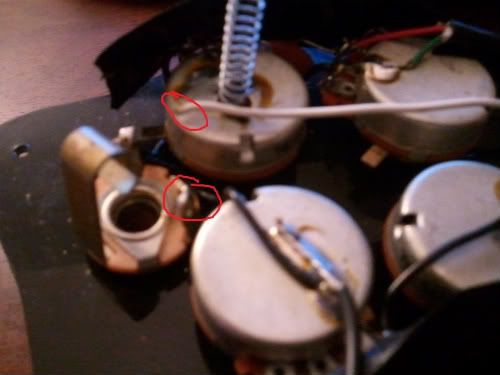The simplest possible version of economics happens in an economy with one person in it. This doesn’t happen so much anymore, but it is theoretically possible. Think of an urchin, living out in the forest, creating his own shelter, providing for himself. He has a list of needs he must take care of: food, shelter, warmth, etc., so he spends his days engaging in various tasks to provide these things for himself. He’ll hunt, forage, build, and do whatever else it takes to provide the goods and services he needs. This kind of economy is very simple. There is only one single consumer, so there is no question of how to divide the goods. Everything the urchin has gathered together belongs to him (as far as John Locke is concerned anyways. More on that later possibly). So as long as the urchin is industrious enough to provide for all of his own needs, we can say that this is a healthy economy. All of the inhabitants of the economy are actively contributing to the solution, and all of their needs are being met.
Let’s take a slightly more complicated example, a small fishing community on a remote and undeveloped fictional island of Lolo. For simplicity’s sake, let’s say that everyone on Lolo Island spends the majority of their time fishing. Food is the primary concern. Everything else is taken care of. Their huts are well built and the weather is moderate, so their shelter is mostly taken care of. The island is remote enough that the threat of invasion has never been considered, and the community is closely knit enough so that disputes are resolved as a group. The islanders have not discovered anything valuable to scavenge on the island yet, so foraging is not a primary activity. There is plenty of space on the island, so there is no concept of owning or purchasing land. (This is a thought experiment, of course, so I’m trying to remove any unnecessary complexity.) So the community’s primary goal every day is to make sure everyone is well fed. During the day, every able-bodied islander fishes in the shallow waters with spears. At noon and at dusk, the islanders divide the fish amongst themselves and eat them raw. They don’t prepare the fish or cook them over a fire. Lolo Island hasn’t even discovered fire yet. I told you I was keeping things simple! I’m doing this because each new factor adds an extra complexity to the economic problem. Even just adding a second occupation complicates things drastically. We’ll see this as we move on. For now, though, the Lolo economy is incredibly simple. Some economists may say that Lolo doesn’t even have an economy. But the islanders on Lolo do have one single economic problem to solve. Who gets the fish!?
This entry has been really fun for me to write. Economics, the distribution of goods and services, and the ever-expanding poverty gap have been serious points of interest for me over the years. I would have liked to fit all of my ideas about these topics into one single, neat, concise blog entry, and when I started writing, I actually thought I would be able to do it. But these things are pretty complicated, and I want to make sure I take the time to develop my ideas to the level that they deserve. In the coming entries, we can delve farther into what I perceive to be the fundamental problems of modern economics by following the development of our newly created fictional Island Lola. Here are some thought-provoking questions to tide you over:
-What’s the best way to determine how many fish each islander gets? (i.e. What’s better for the islanders? Capitalism or Socialism? Hint: both of them kinda suck.)
-What happens when the community develops multiple disciplines (i.e. how many fish does a roof thatcher get to eat?)
-What happens when the community begins trading with other islands? (i.e. how many fish is a canoe worth?)
-What’s worth more? A car engine or a driveshaft? (i.e. how far can you get with just one or the other?)
-Why do poor people exist? (i.e. is it their fault or someone else’s? Or a little bit of both?)

